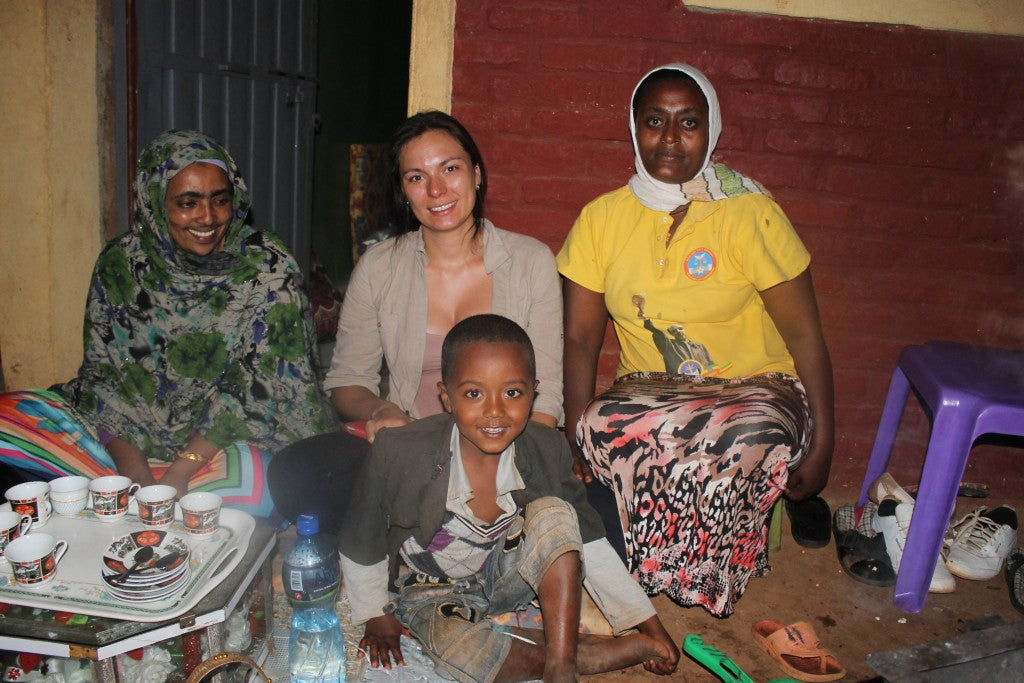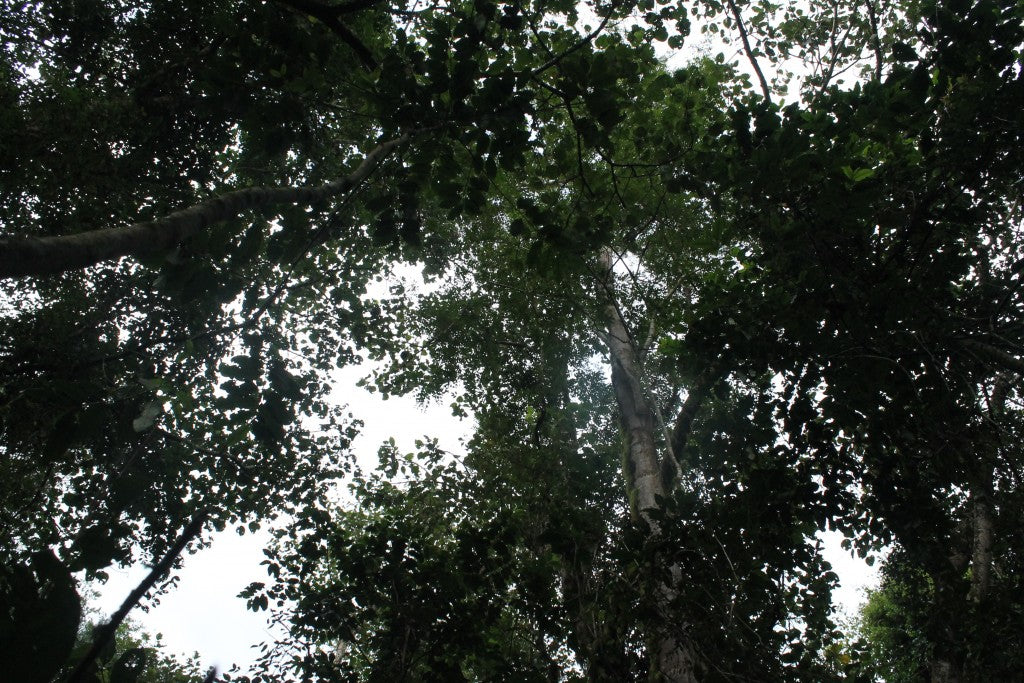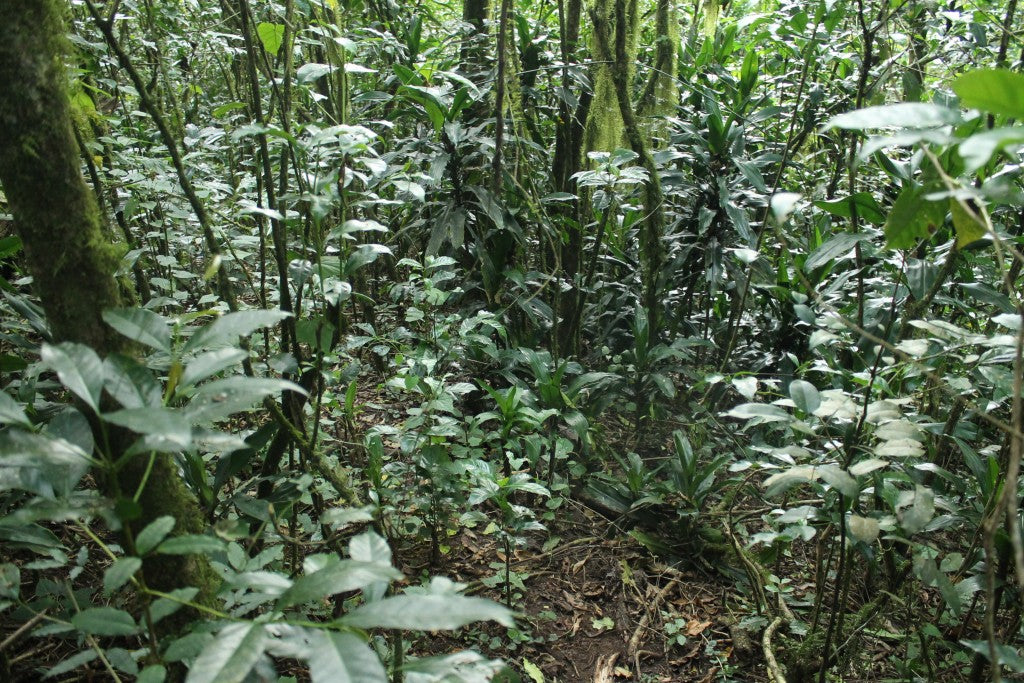First Published - March 18, 2015
One of the last remaining mountain forest fragments of Arabica Coffee (coffee arabica) in the world, the Yayu Coffee Forest Biosphere in Ethiopia is vital for the preservation and conservation of coffee. To preserve and maintain its primary and secondary wild forest, and prevent any further damage to the forest or loss of coffee species, the local communities need to have other livelihood options as well as seeing a viable future for themselves in producing speciality coffee.
At Union, we are collaborating with Dr Aaron Davis, Head of Coffee Research at the Royal Botanic Gardens, Kew, to work with the Yayu community to protect the forest and create a sustainable income for themselves. Pascale visited Yayu to evaluate how we would develop the project.


“As a coffee geek, it’s hard to convey just how it feels to stand here, in primary forest in the birthplace of coffee. We observe hundreds of different heirloom varieties growing naturally in the wild. It’s pristine territory, mostly unaffected by human activities, and perfect for coffee. This natural landscape is a hotspot for biodiversity and is a significant conservation zone.

We were guided through Yayu Wild Forest by Takele, from the Ethiopian Coffee Forest Forum. He stressed the importance of preserving this primary forest and the genetic diversity of the coffee varieties found here. We completely understand the status of this region. He also showed us naturally occurring companion plants such as cardamom.


Here you can see the contrast between the primary forest and managed coffee. Above is an example of “managed” coffee. Here farmers clean the area around the coffee trees, however they do not fertilize or apply any other chemicals.

Then you see the untouched primary forest with unmanaged wild coffee. This area is protected so no human activity apart from research is allowed.
This primary forest is the most biologically diverse type of land, and coffee naturally regenerates here. With some of the preliminary harvesting and processing training we’ve provided, we’ve shown that Yayu farmers have great potential to produce high quality coffee, and with ongoing extra support we’re confident they’ll continue to produce excellent coffee here.”
We’re very excited that we have three exemplary microlots from Yayu in the roastery right now, tweet us when you’ve tried them because we’d love to know what you think:
Yayu Wild Forest Achibo Cooperative – toffee, stewed rhubarb and floral notes
Yayu Wild Forest Geri Cooperative – vanilla, caramel and papaya notes
Yayu Wild Forest Wutate Cooperative – floral, caramel and peach notes
Look out for more very special arrivals from the birthplace of coffee very soon!


